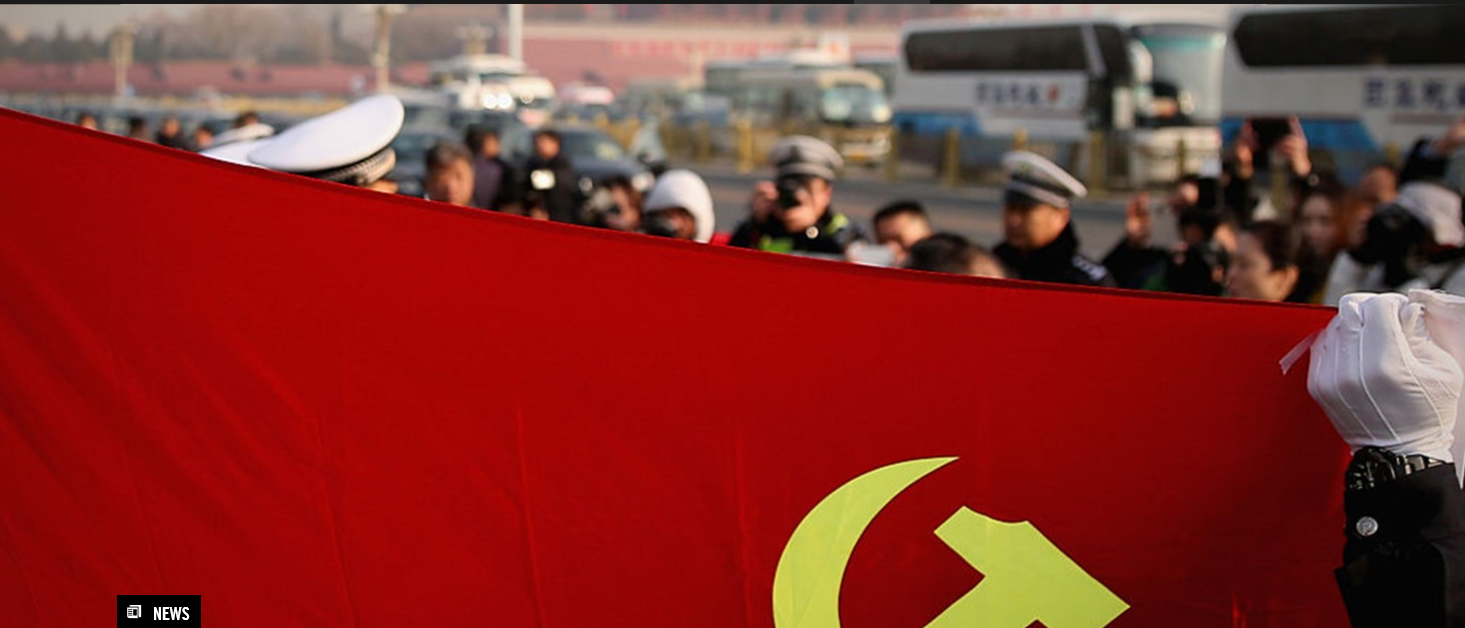Responding to the news that China’s legislature today passed the Supervision Law, Amnesty International’s East Asia Regional Director Nicholas Bequelin said:
“The Supervision Law is a systemic threat to human rights in China. It places tens of millions of people at the mercy of a secretive and virtually unaccountable system that is above the law. It by-passes judicial institutions by establishing a parallel system solely run by the Chinese Communist Party with no outside checks and balances.
“The law eviscerates China’s legal system. It allows for arbitrary and prolonged incommunicado detention without any meaningful oversight and increases the risks of torture and forced ‘confessions’.
“Under the new system, supervision bodies can detain and interrogate Communist Party members or public sector personnel – virtually anyone working directly or indirectly for the government. Judges, academics and personnel of state-owned enterprises could all face up to six months detention without charge or legal process, and without guaranteed access to lawyers or their families being told.”
Background
The Liuzhi (retention in custody) system is to replace the widely-criticized and largely informal Shuanggui system, the current internal disciplinary system of the Chinese Communist Party.
The Chinese government issued the Draft Supervision Law in November 2017 for consultation. In its formal submission on the draft law, Amnesty International urged the Chinese government to withdraw the Draft Law and make amendments to ensure any new draft law would be compatible with international human rights law and standards. The main concerns still remain even with small improvements in the Supervision Law the National People’s Congress, China’s legislature, has now passed.
Days before the National People’s Congress passed the Supervision Law, it adopted an amendment to the Chinese Constitution to set up the national level Supervision Commission. According to the Constitution, the Supervision Commission is ranked higher than the Supreme People’s Court and the top prosecutor’s office.
For further information please contact: Elizabeth Berton-Hunter, Media Relations 416-363-9933 ext 332






















